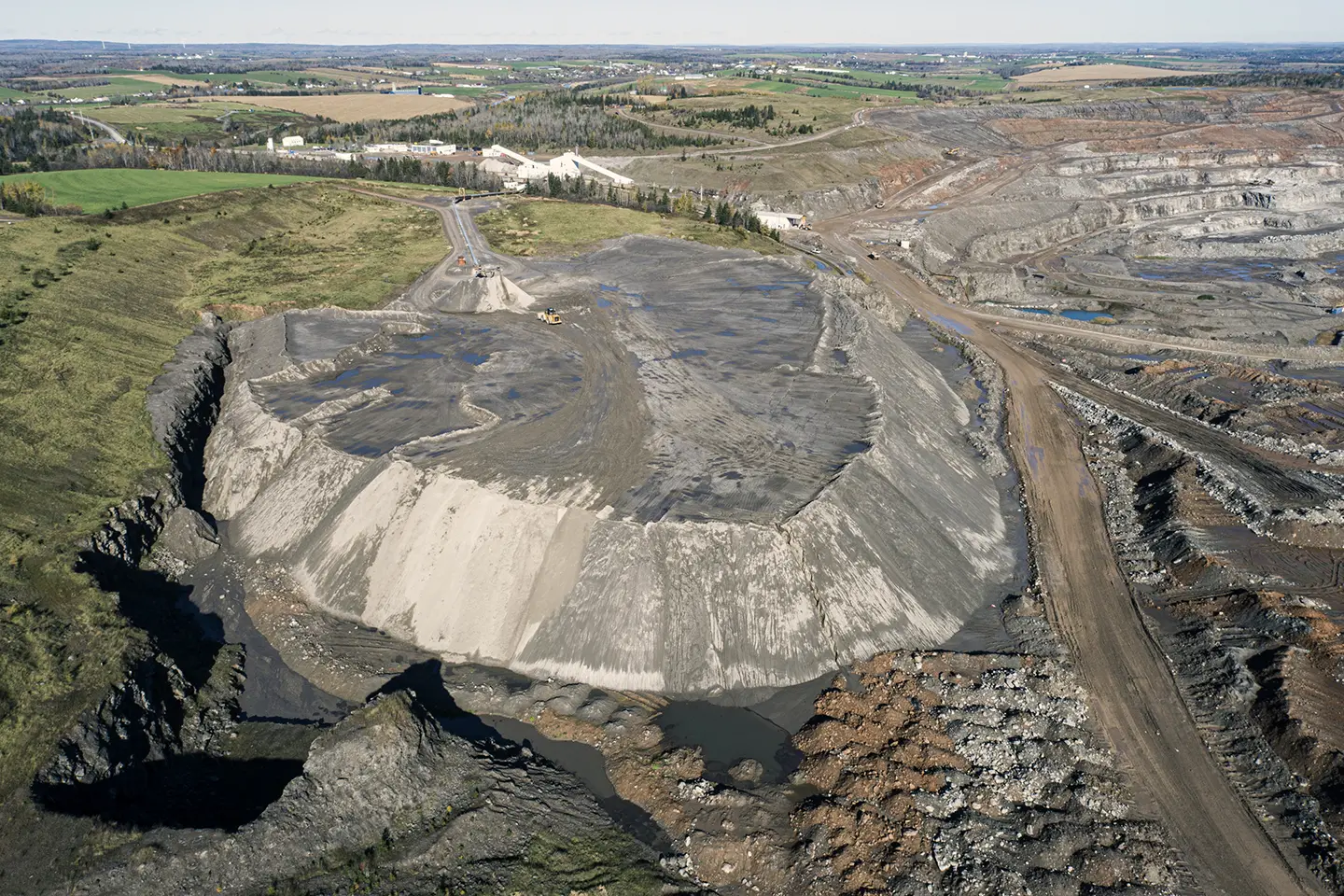Ontario Releases Modelling for its 2030 Emissions Reduction Target and Principles to Align the EPS with the Federal Benchmark for 2023-2030

On Friday, the Ontario Ministry of Environment, Conservation and Parks (MECP) shared the principles it intends to follow as it works to align the Ontario Emissions Performance Standards (EPS) with the updated federal benchmark for the period of 2023 to 2030. The MECP also posted updated modelling information that demonstrates how the province intends to achieve its 2030 emissions reduction target – 30 percent below 2005 levels by 2030.
The EPS program covers and regulates greenhouse gas (GHG) emissions from large industrial facilities in Ontario. This program, which came into full effect January 1, 2022, sets the standards for emissions limits that those facilities are required to meet.
The EPS program is supported by Ontario’s GHG emissions reporting program, which provides verified emissions, production, and emissions limit data for all registrants in the EPS program. These are needed to determine a facility’s compliance obligation under the EPS program.
Under the federal Greenhouse Gas Pollution Pricing Act (GGPPA), the federal government assesses provincial and territorial carbon pricing programs against a benchmark. On August 5, 2021, the Government of Canada published its Update to the Pan-Canadian Approach to Carbon Pollution Pricing 2023-2030 which sets out new, more stringent benchmark requirements that provincial and territorial programs will need to meet.
While the MECP states the proposed regulatory approach for the 2023-2030 period will not be made available until the summer of 2022 for consultation, it has provided the following principles it intends to use as it develops its approach that will meet the federal benchmark:
- providing continuity and predictability for Ontario businesses
- incenting GHG emissions reductions, which will help Ontario meet its target to reduce GHG emissions by 30 percent below 2005 levels by 2030
- minimizing the risk for carbon leakage (the risk of production leaving the province for other jurisdictions with less stringent climate policies), taking into account competitiveness impacts to Ontario industry
- ensuring the program continues to be fair, cost-effective and flexible to the needs and circumstances of our province
- minimizing regulatory burden
The MECP also states it will begin collecting data over the spring/summer of 2022 to support development of potential new performance standards for the 2023-2030 period for:
- facilities transitioning from energy-based standards to output-based standards
- select industries (e.g., steel sector) to consider emerging new production processes
In addition, MECP shared its most recent modelling information that illustrates how Ontario will meet its 2030 target, referring to initiatives that have been committed to across government. Emissions are estimated to be 143.7 Mt CO2e in 2030, with a 2030 target of 144.0 Mt CO2e, or 30 percent below 2005 levels per the 2021 National Inventory Report.The five key areas that will drive the necessary emission reductions are the following:
- The Emissions Performance Standards and increased renewable content in gasoline
- Industrial coal phase-out
- Transit initiatives
- Natural gas conservation (Demand Side Management/DSM)
- Waste diversion (assumes a phase out of the disposal of food waste to landfills by 2030 and an increase in Ontario’s diversion rate for organics from about 42% currently to 75% at implementation)
While there is no formal comment period associated with this post from the MECP it did include two questions to stakeholders. Interested parties can share their feedback:
- How can the future EPS program design elements optimize GHG emissions reductions while minimizing carbon leakage (e.g., decline rates for stringency factors)?
- How should different types of emissions be treated to minimize competitiveness impacts and allow time for new cost-effective technologies to be developed over the medium and long-term?


